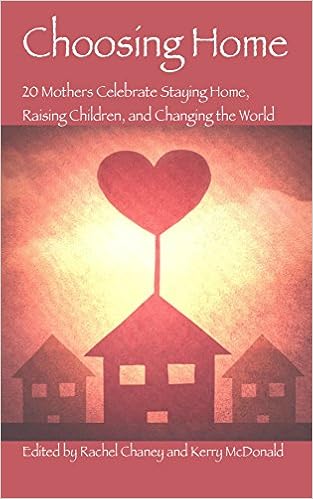Saturday, May 7, 2016
"There's nothing more killing for parents..."
"...or women in particular, than having a child that gets out of school at 2:30."
That is just one of the jaw-dropping statements made by Harvard economist, Claudia Goldin, in a recent Huffington Post article advocating for more government schooling.
Citing the wage gap between women and men, and especially mothers, Goldin believes that we should extend government schooling by starting at earlier ages, making the school day longer, and making school a year-round endeavor to help working parents. According to Goldin: "We have a policy that says every child is guaranteed a public school education in the United States. No one ever said that school started at 5 years old or stopped in June or stopped at 2:30 in the afternoon."
There is no doubt that we have parents, and particularly mothers, who are struggling to make ends meet in this country. No doubt. But to advocate expanding increasingly restrictive, compulsory schooling in the name of free daycare is myopic at best, damaging at worst.
In America, total education expenditures for public elementary and secondary schools in 2011-2012 amounted to $621 billion. Let's just sit on that number for a moment.
Every year, over $600 BILLION of our tax dollars go toward K-12 public schooling. Every year!
If we re-allocated even a small fraction of that gargantuan amount of yearly money toward supporting parents who want to be home at 2:30 to greet their children at the bus, or who want to stay home and raise their own children, or provide other supports for disadvantaged families, it would go a long way toward ameliorating the effects of poverty and inequality without harming all children with more compulsory schooling.
This article surfaces an even bigger and more disturbing trend in current education policy: focusing more on possible benefits to parents and work, rather than potential damages to children and family. Mounting research shows the decline in children's health and well-being when they are forced to go to school earlier and longer. A 2008 longitudinal study by the University of California, Riverside concluded that "early school entry was associated with less educational attainment, worse midlife adjustment, and most importantly, increased mortality risk." In a 2015 Stanford study, researchers found that a one-year delay in the start of school dramatically reduced inattention/hyperactivity at age 7, and that this large and targeted effect persisted at age 11.
Researchers also find a troubling correlation between the steady decline in children's play due to more restrictive schooling and a rapid rise in childhood mental health disorders. As Boston College psychology professor, Dr. Peter Gray, states: "If we love our children and want them to thrive, we must allow them more time and opportunity to play, not less. Yet policymakers and powerful philanthropists are continuing to push us in the opposite direction -- toward more schooling, more testing, more adult direction of children, and less opportunity for free play."
In her provocative 2016 Atlantic article, "The New Preschool is Crushing Kids," Yale University lecturer and author of the new book, The Importance of Being Little (Viking, 2016), Erika Christakis writes: "Preschool classrooms have become increasingly fraught spaces, with teachers cajoling their charges to finish their 'work' before they can go play. And yet, even as preschoolers are learning more pre-academic skills at earlier ages, I've heard many teachers say that they seem somehow--is it possible?--less inquisitive and less engaged than the kids of earlier generations."
At the conclusion of the Huffington Post article advocating to extend the already existing policy of government schooling to close the apparent wage gap, Harvard's Goldin asks, "Who could argue with that?"
Actually, many of us.
We should all be more vocal in our opposition to more restrictive schooling at earlier ages and for longer portions of the day and year, and continue to highlight the compelling research showing the damages of coercive schooling on children's health and well-being. We should argue with researchers who believe that helping parents is a more noble cause than helping children. Finally, we should look much more discerningly at where our tax dollars are going so that we can better help families in need, rather than creating blanket public policy that does more harm than good.
---
And check out our e-book, Choosing Home: 20 Mothers Celebrate Staying Home, Raising Children, and Changing the World for a variety of personal stories highlighting the hard choices mothers have made in order to stay home and raise their children.
Subscribe to:
Post Comments (Atom)

























Wow. Nicely put. Thank you for voicing it so succinctly.
ReplyDelete